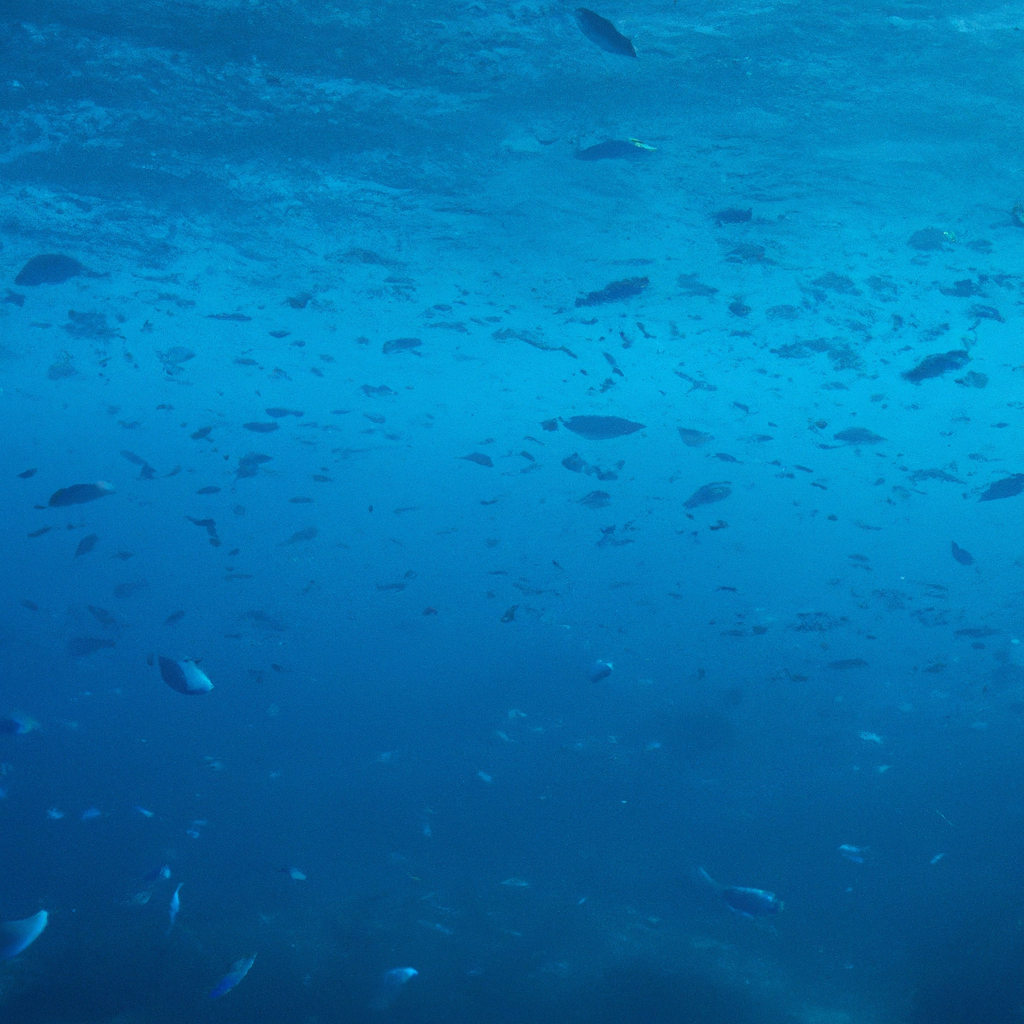The Great Barrier Reef is one of the most beautiful ecosystems on the planet, home to a diverse range of marine life. However, this natural wonder is under threat due to climate change, pollution, and overfishing. Many experts fear that the Great Barrier Reef may disappear entirely if we do not take action to protect and preserve it. In this article, we will explore the causes of the Great Barrier Reef’s decline and discuss ways to protect and preserve coral reefs.
The impact of climate change on coral reefs
The Great Barrier Reef is particularly vulnerable to climate change due to its location in warm, shallow waters. As the ocean temperatures rise, corals become stressed, leading to a phenomenon known as coral bleaching. Coral bleaching occurs when the symbiotic relationship between coral and algae breaks down, causing the coral to turn white and often die. In recent years, the Great Barrier Reef has experienced several severe bleaching events, causing widespread damage to the ecosystem.
Climate change also leads to ocean acidification, which occurs when carbon dioxide in the atmosphere dissolves in seawater, forming carbonic acid. This increase in acidity makes it harder for corals to build their skeletons, leading to weaker and more fragile reefs. Ocean acidification can also impact other marine life, such as shellfish and plankton, which form the base of the food chain.
The impact of pollution on coral reefs
Pollution is another significant threat to coral reefs, including the Great Barrier Reef. Chemicals from agricultural runoff, sewage, and industrial waste can harm corals and other marine life. For example, excess nutrients from fertilizer runoff can cause harmful algal blooms, which can smother corals and reduce the amount of light they receive. Plastic pollution is also a growing concern, with plastics harming marine life and breaking down into microplastics that can be ingested by corals and other marine organisms.
The impact of overfishing on coral reefs
Overfishing is another significant threat to coral reefs. When large fish are removed from the ecosystem, it can have a cascading effect on the entire food chain. For example, overfishing of herbivorous fish can lead to an increase in algae, which can smother corals and reduce the amount of light they receive. Overfishing can also lead to the loss of important predators, such as sharks, which can impact the entire ecosystem.
Ways to protect and preserve coral reefs
Protecting and preserving coral reefs is essential to ensure that these delicate ecosystems continue to thrive. There are several ways that we can help protect and preserve coral reefs, including:
Reducing carbon emissions
Reducing carbon emissions is essential to combat climate change and protect coral reefs. We can all do our part by reducing our carbon footprint, using renewable energy, and supporting policies that promote clean energy.
Reducing pollution
Reducing pollution is another critical step in protecting coral reefs. We can reduce pollution by properly disposing of waste, reducing our use of single-use plastics, and supporting policies that promote clean water.
Establishing marine protected areas
Establishing marine protected areas can help protect coral reefs from overfishing and other harmful activities. These protected areas can also help restore damaged reefs and promote the growth of new coral.
Supporting sustainable fishing practices
Supporting sustainable fishing practices can help ensure that fish populations remain healthy and that the ecosystem remains balanced. This includes practices such as establishing catch limits, reducing bycatch, and avoiding destructive fishing methods.
Educating others
Educating others about the importance of protecting and preserving coral reefs is essential. This can include sharing information on social media, supporting conservation organizations, and advocating for policies that protect marine life.
Conclusion
The Great Barrier Reef is a natural wonder that is under threat from climate change, pollution, and overfishing. However, by taking action to reduce our carbon footprint, reduce pollution, establish marine protected areas, support sustainable fishing practices, and educate others, we can help protect and preserve coral reefs for generations to come. Let us all do our part to ensure that this beautiful ecosystem continues to thrive.













